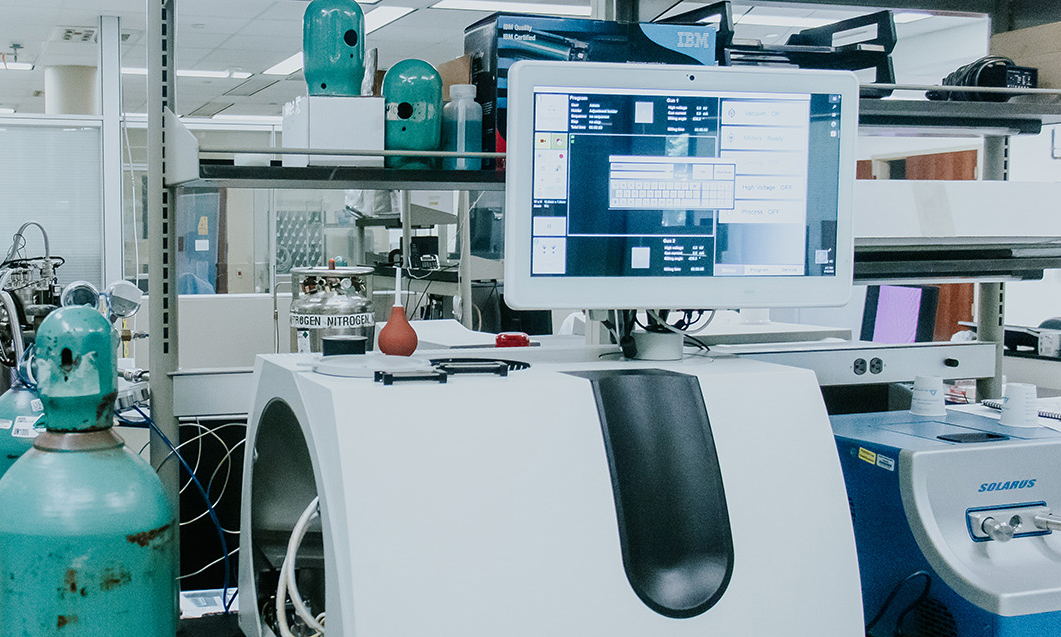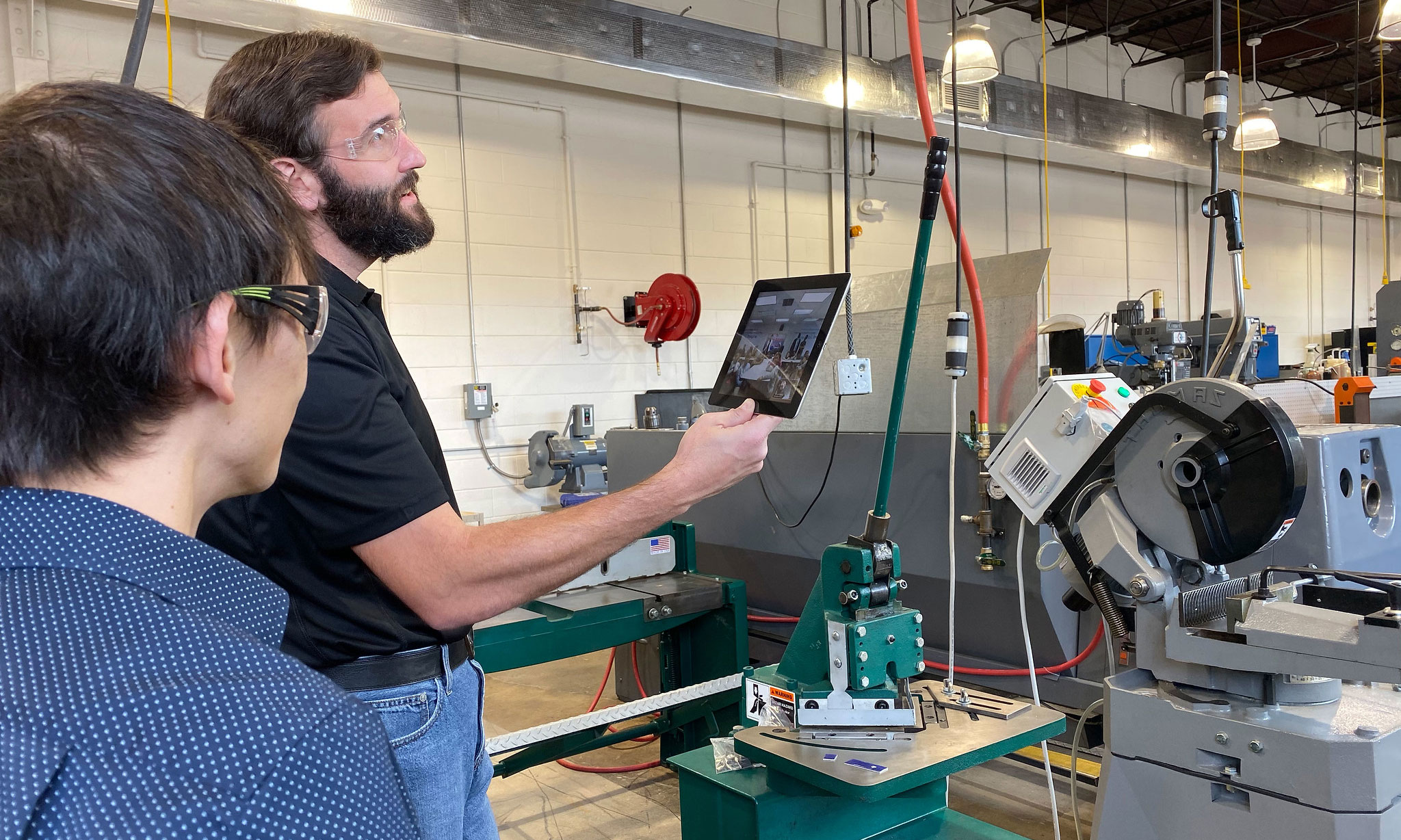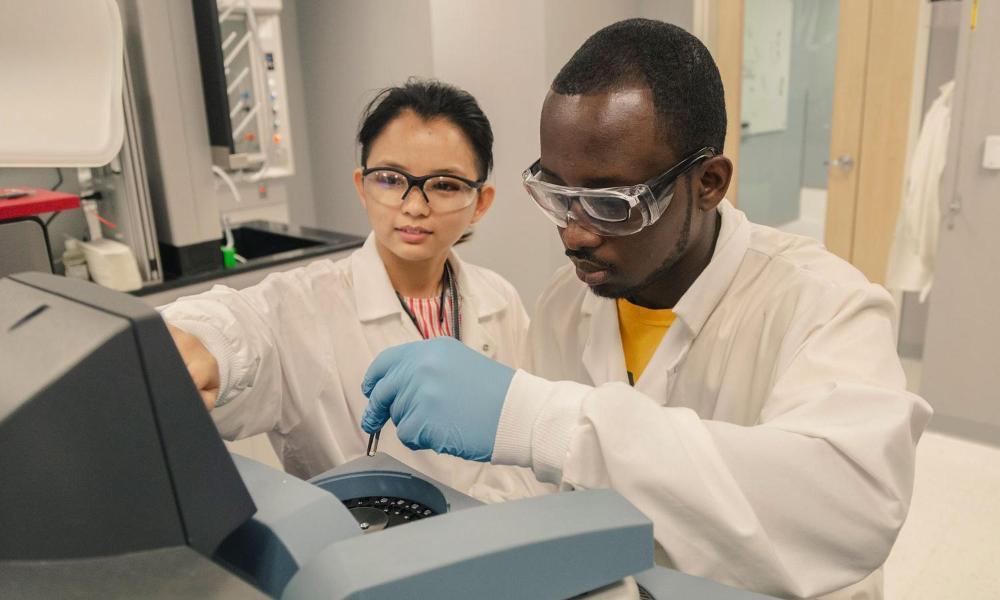Biomedical Engineering Department
Develop your passion for medicine and biomedical science into the expertise necessary to become a biomedical engineer. You’ll solve important challenges at the intersection of engineering, medicine and life sciences.
Our faculty research at the VCU College of Engineering continually advances the frontiers of biomedical engineering for the benefit of all humanity. We want to pass that enthusiasm on to you, the next generation of biomedical engineers.
You will work collaboratively with faculty at the VCU College of Engineering and join a vibrant, intellectually-stimulating community working on topics like:
- Biomaterials
- Cellular engineering
- Medical imaging
- Tissue engineering
Strategic partnerships with other VCU departments, VCU Health and private industry will allow you to work with experts from different fields. The valuable interdisciplinary experience closely emulates the real-world work you will engage with after graduation.
Key Research Areas:
- Mechanobiology: cell mechanics, cancer biology, lung tissue mechanics
- Rehabilitation engineering: brain-computer interfaces, neuromuscular biomechanics, assistive devices, cardiac imaging
- Regenerative medicine: biomaterials, immunoengineering, tissue engineering
Your path to medical school
The academic prestige of biomedical engineering — and its focus on innovation — makes it one of the best majors for aspiring physicians. Learn more about how biomedical engineering at VCU can position you for success in medical school.
Biomedical engineering academic programs
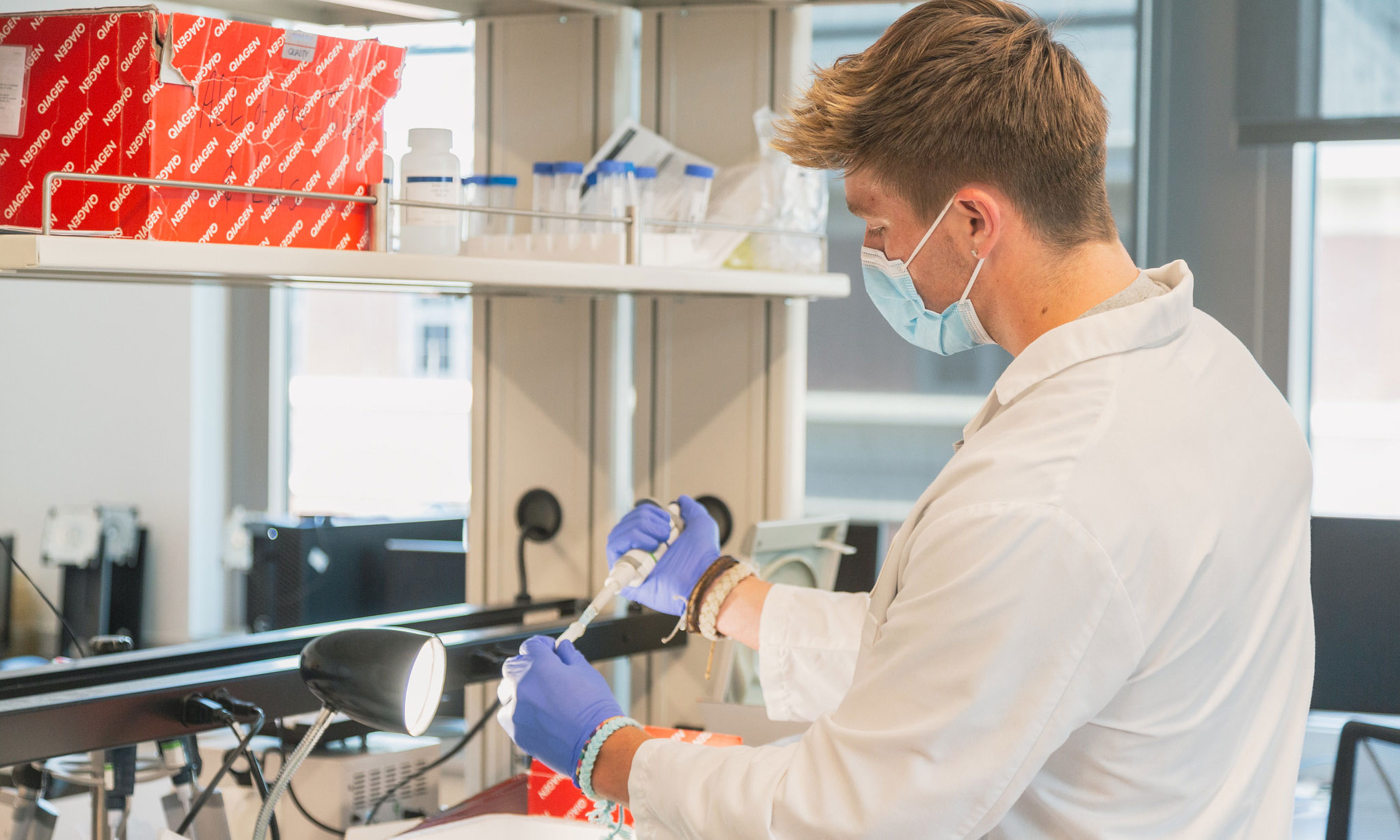



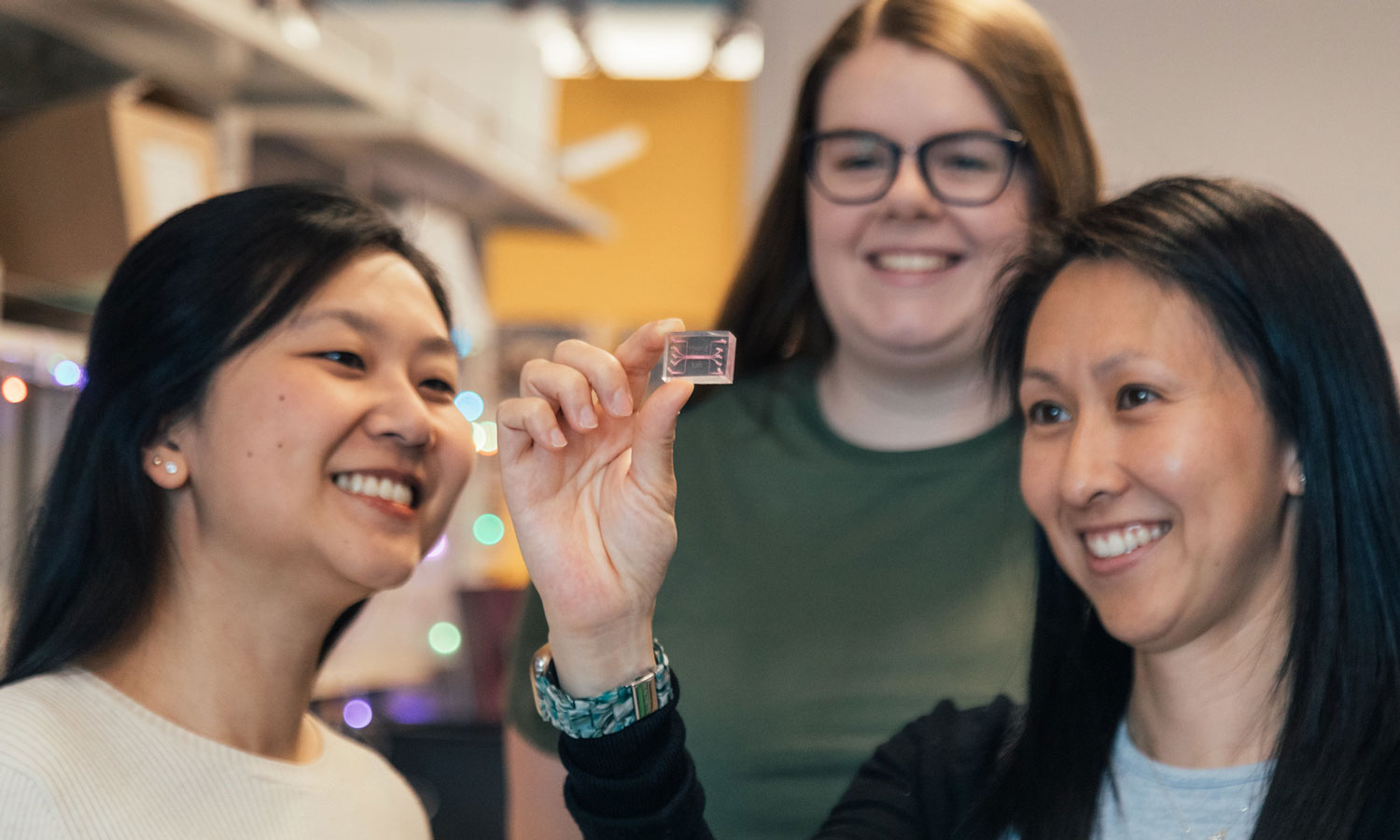

Earn a master's degree in less time
The College of Engineering offers accelerated bachelor’s-to-master’s degree programs for all five departments. Students can earn both degrees in a minimum of five years by taking approved graduate-level courses during the senior year of their undergraduate program.
Take a look at a sample completion timeline for our programs:
M.S. Biomedical Engineering Sample 2-year Timeline
M.S. Tissue Engineering and Regenerative Medicine Sample 2-year Timeline
Faculty Research
Join the cutting edge of research at the intersection of biology, medicine and engineering with the Department of Biomedical Engineering. From investigating the molecular mechanisms of cellular mechanotransduction to developing novel tools for imaging of cardiac hemodynamics to exploring novel methods of improving rehabilitation, you’ll work together with faculty to solve humanity’s most pressing challenges.
Learn more about the areas where Department of Biomedical Engineering faculty members work.
Extramural research expenditures have increased by 427% over the last 5 years within the Department of Biomedical Engineering. Our faculty are primary investigators on grants funded by the National Institutes of Health (NIH) with $1.8 million of total funding and National Science Foundation (NSF) with $3.5 million of total funding. Biomedical engineering faculty within the college include five NIH R01 principal investigators, 3 NSF CAREER recipients and one NIH MIRA award recipient.
Read more about Department of Biomedical Engineering faculty and their funded projects at the VCU College of Engineering.
This research support provides you with an opportunity to learn and work with biomedical engineering faculty who are making progress on groundbreaking research.
View publications from our students and faculty.
Biomedical engineering graduate program is top-ranked by U.S. News & World Report.
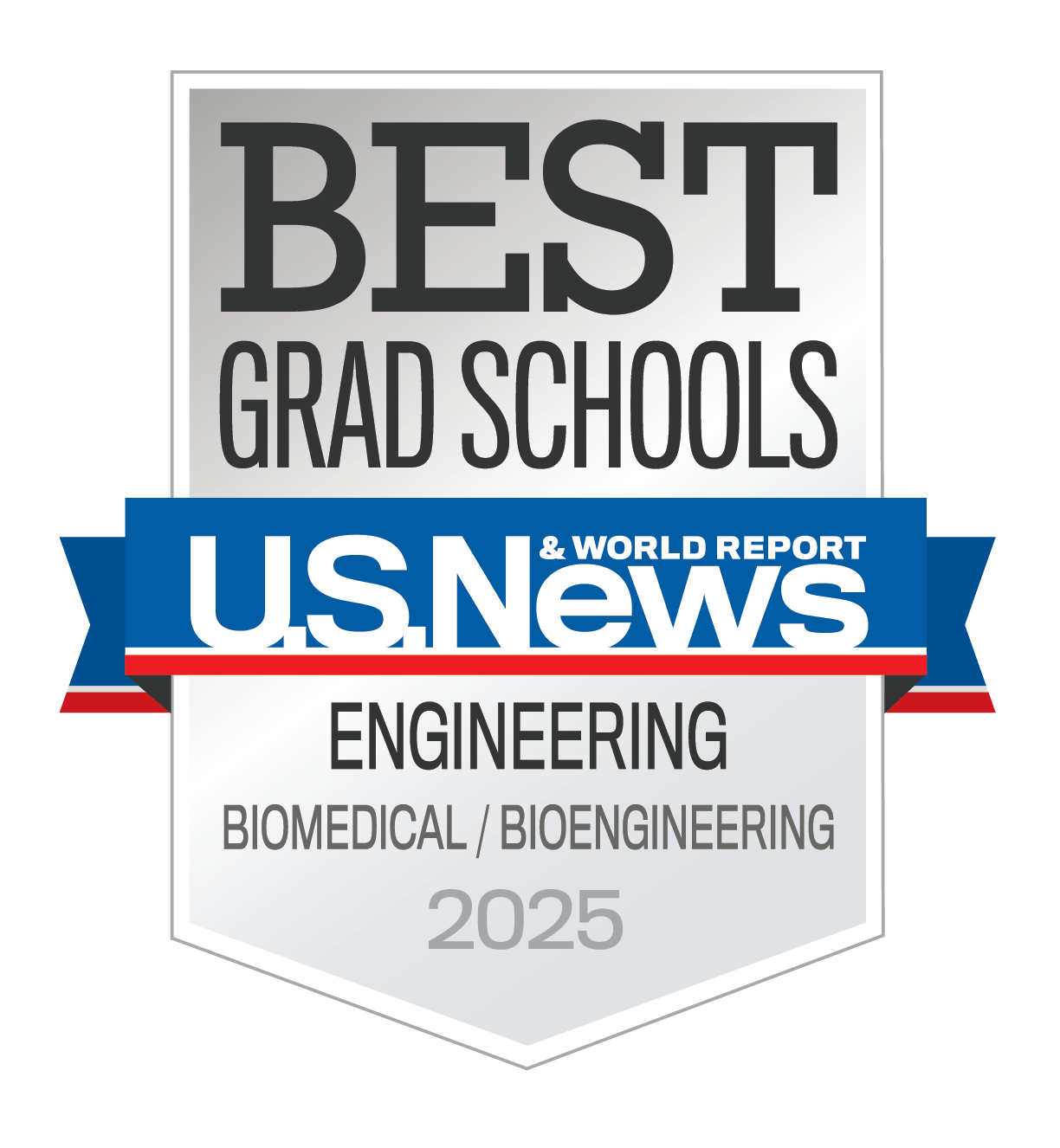

71%
of 2024 graduating seniors participated in undergraduate research
80%
of 2024 graduating seniors were involved in biomedical engineering student organizations
25%
of biomedical engineering students are from underrepresented minorities
State-of-the-art-facilities
